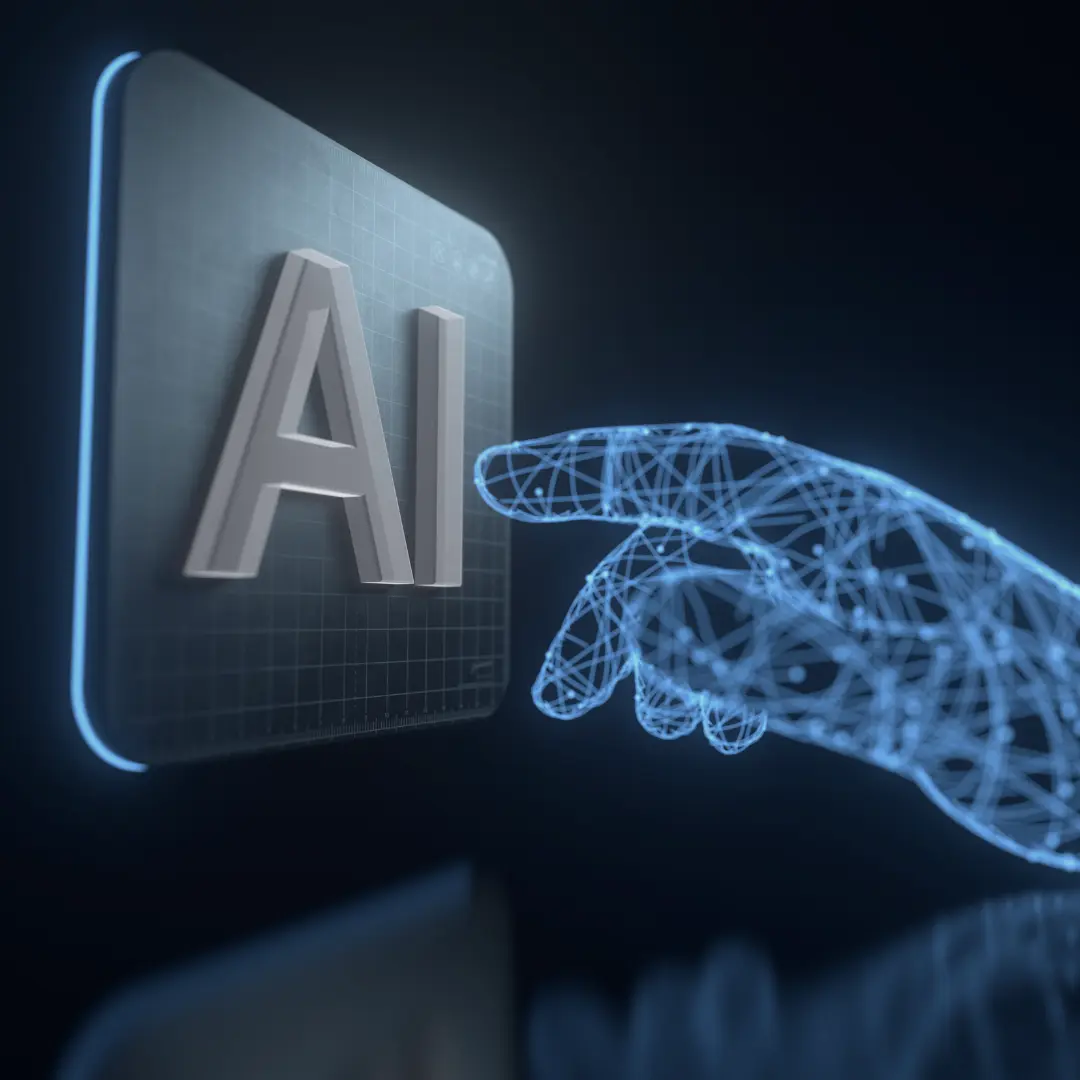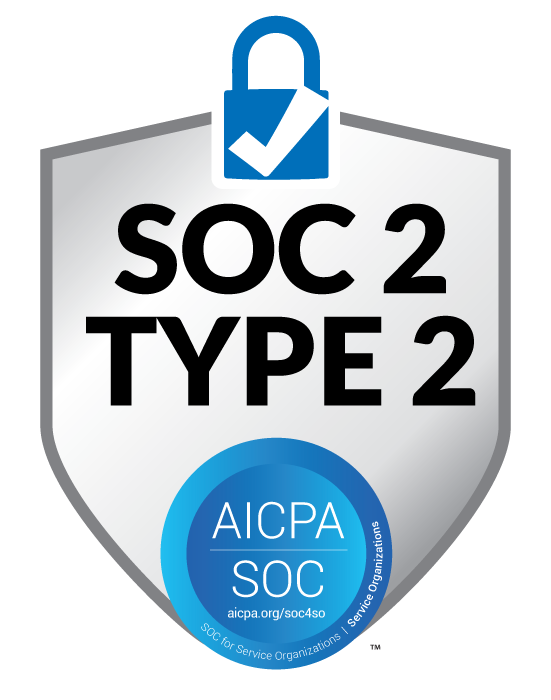How Agentic AI is Transforming Enterprise Brands
In the fast-evolving landscape of digital marketing, performance marketing has always focused on measurable outcomes—clicks, leads, and sales. Today, agentic AI—autonomous systems that learn, decide, and act—promises to take this discipline to new heights. By leveraging agentic AI, enterprise brands can unlock deeper insights, automate complex workflows, and scale campaigns with unprecedented agility.
The Evolution of Performance Marketing
Performance marketing evolved from simple pay-per-click tactics to sophisticated, data-driven strategies powered by machine learning and programmatic advertising. Yet challenges remain:
- Data Overload: Multiple channels generate vast, fragmented datasets.
- Attribution Complexity: Traditional models oversimplify multi-touch journeys.
- Dynamic Behaviors: Consumer preferences shift rapidly.
Agentic AI addresses these issues by acting as a virtual strategist—processing data in real time, predicting trends, and executing optimizations autonomously.
What is Agentic AI?
Agentic AI systems combine advanced machine learning, natural language processing, and predictive analytics to:
- Understand Goals: Set objectives such as maximizing return on ad spend.
- Plan Actions: Design campaign strategies across channels.
- Execute Tasks: Launch ads, adjust bids, and allocate budgets in real time.
- Adapt Continuously: Learn from outcomes and refine tactics without human intervention.
For enterprises, agentic AI offers a secure, no-code way to deploy digital workers that integrate seamlessly with existing marketing stacks.
Transforming Performance Marketing with Agentic AI
Agentic AI reshapes performance marketing in four key areas:
1. Autonomous Campaign Management
- Automated Setup: AI agents create and configure campaigns across platforms.
- Real-Time Optimization: Continuously adjust bids, budgets, and targeting based on live performance.
- Global Scaling: Adapt strategies to regional markets, accounting for local trends and regulations.
Marketing teams gain back time to focus on creative strategy rather than manual adjustments.
2. Hyper-Personalized Audience Segmentation
- Behavioral Profiling: Analyze browsing, purchase, and engagement data to build granular segments.
- Dynamic Targeting: Shift audiences in real time, prioritizing high-value prospects.
- Predictive Insights: Forecast customer lifetime value and tailor messaging accordingly.
Result: higher conversion rates and more efficient ad spend.
3. Dynamic Creative Optimization
- Automated Testing: AI runs continuous A/B and multivariate tests on headlines, images, and calls to action.
- Real-Time Creative Selection: Serve best-performing creative to each segment automatically.
- Creative Learning: Agents learn which elements drive engagement and iterate without manual input.
Outcome: consistently fresh, high-impact ads that resonate with target audiences.
4. Enhanced Attribution and ROI Measurement
- Multi-Touch Attribution: Analyze every touchpoint across channels to assign accurate credit.
- Holistic Analytics: Integrate data from CRM, web, and ad platforms for a unified view.
- Predictive ROI Forecasting: AI predicts the impact of budget shifts before they occur.
Benefit: data-driven budget allocation that maximizes return on investment.
Key Benefits for Enterprise Brands
- Efficiency: Automate routine tasks, freeing teams for high-value strategy.
- Scalability: Manage global, multi-channel campaigns with consistent performance.
- Precision: Target audiences and creative elements with data-driven accuracy.
- Agility: Respond instantly to market shifts and performance insights.
- Security & Compliance: On-premise, no-code platforms ensure data privacy and regulatory adherence.
Challenges and Considerations
Implementing agentic AI requires:
- High-Quality Data: Unified, clean datasets across all marketing channels.
- Skill Development: Training teams to collaborate with AI agents.
- Ethical Guardrails: Transparent AI decision-making to avoid bias or overreach.
- Investment Planning: Balancing upfront costs against long-term ROI.
With careful planning, these obstacles become gateways to accelerated innovation.
The Future of Performance Marketing
Emerging trends include:
- Emotionally Intelligent AI: Detect and respond to customer sentiment in real time.
- Generative Campaign Creation: AI designs entire campaign assets from scratch.
- Federated Learning: Privacy-preserving models that learn from distributed data sources.
Enterprise brands that adopt agentic AI today will lead tomorrow’s customer-centric, outcome-driven marketing.
Conclusion
Agentic AI is redefining performance marketing by combining autonomy, data-driven precision, and scalable execution. Enterprise brands that embrace these intelligent systems—powered by secure, no-code platforms—will unlock new levels of ROI, agility, and customer engagement. The future of performance marketing is autonomous, adaptive, and driven by AI agents that think, act, and learn.
About the Author

Aravind Balakrishnan
Aravind Balakrishnan is a seasoned Marketing Manager at lowtouch.ai, bringing years of experience in driving growth and fostering strategic partnerships. With a deep understanding of the AI landscape, He is dedicated to empowering enterprises by connecting them with innovative, private, no-code AI solutions that streamline operations and enhance efficiency.
Frequently Asked Questions (FAQ)




